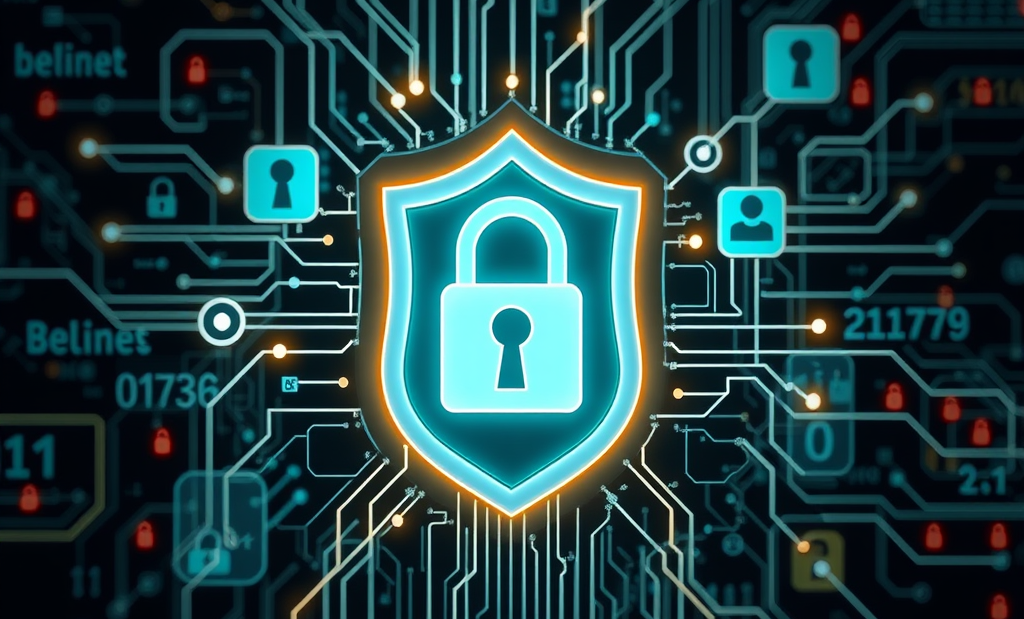
In today’s digital age, identity theft is a growing concern for individuals and businesses alike. With so much personal information stored online, the risk of it falling into the wrong hands has never been greater. The consequences of identity theft can be devastating, leading to financial loss, damage to your credit score, and even legal complications. To help safeguard your personal information, here are some essential tips to combat identity theft:
Safeguard Your Personal Information Online
Protecting yourself from identity theft begins with vigilance over your online presence. Cybercriminals constantly look for opportunities to steal personal information through various digital channels. One of the most effective ways to protect yourself is by creating strong, unique passwords for each of your online accounts, and consider using a password manager to securely generate and store them.
Another layer of protection is two-factor authentication (2FA). Enabling 2FA on your accounts adds an extra step to the login process, usually requiring you to provide two forms of identification, such as a password and a code sent to your phone. This additional security measure can deter unauthorised access even if your password is compromised.
Phishing scams are another common method used by identity thieves. These scams often involve deceptive emails or messages that trick you into revealing personal information. It’s crucial to be cautious when opening emails or clicking on links from unknown senders. If something seems suspicious, take the time to verify the source before providing any information.
Regular monitoring of your online accounts is also essential. By routinely checking your bank and credit card statements, as well as your online accounts, you can quickly spot any unusual activity. If you notice unauthorised transactions or changes, report them immediately to your financial institution to minimise potential damage.
Protecting Your Physical Documents
While digital security is vital, it’s important not to overlook the risk posed by physical documents. Identity thieves can easily obtain sensitive information from discarded paperwork, making it essential to protect your documents properly.
One effective strategy is to store important documents like your passport, birth certificate, and financial records in a secure location, such as a locked drawer or a safe. Carry these documents with you only when absolutely necessary to minimise the risk of loss or theft.
The Importance of Shredding Sensitive Documents
One of the most overlooked yet crucial steps in protecting yourself from identity theft is properly disposing of sensitive documents. Simply throwing away documents with personal information, such as bank statements, bills, or medical records, can leave your data exposed.
Shredding is the best way to ensure that your sensitive information doesn’t fall into the wrong hands. Using a personal shredder at home is a good start, but for large volumes of documents or particularly sensitive information, it may be worth considering a professional shredding service, like we provide here at Squab.
These professional services can handle large quantities of documents quickly and securely, often providing you with a certificate of destruction for your records.
When choosing a shredding service provider, look for companies that have a strong reputation for security. Many shredding services offer both on-site and off-site shredding options, allowing you to witness the shredding process if you prefer that added level of assurance.
Regularly scheduling shredding services, especially after tax season or major financial transactions, can significantly reduce your risk of identity theft.
Monitor Your Credit and Financial Accounts
Even with all the precautions in place, it’s important to actively monitor your financial accounts. Regularly checking can help you catch any suspicious activity early.
Another proactive step is setting up alerts with your bank and credit card companies. Many financial institutions offer the option to receive notifications via email or text message for transactions over a certain amount, changes to your account information, or any suspicious activity. These alerts can help you respond quickly to potential identity theft.
Cover All Bases
Combatting identity theft requires a multifaceted approach that includes both digital and physical security measures. By being vigilant online, protecting your physical documents, shredding sensitive information, and monitoring your financial accounts, you can significantly reduce the risk of falling victim to identity theft.
Remember, staying proactive and informed is the best defence against this growing threat. By taking these steps, you can protect your personal information and maintain peace of mind.
Latest news articles



